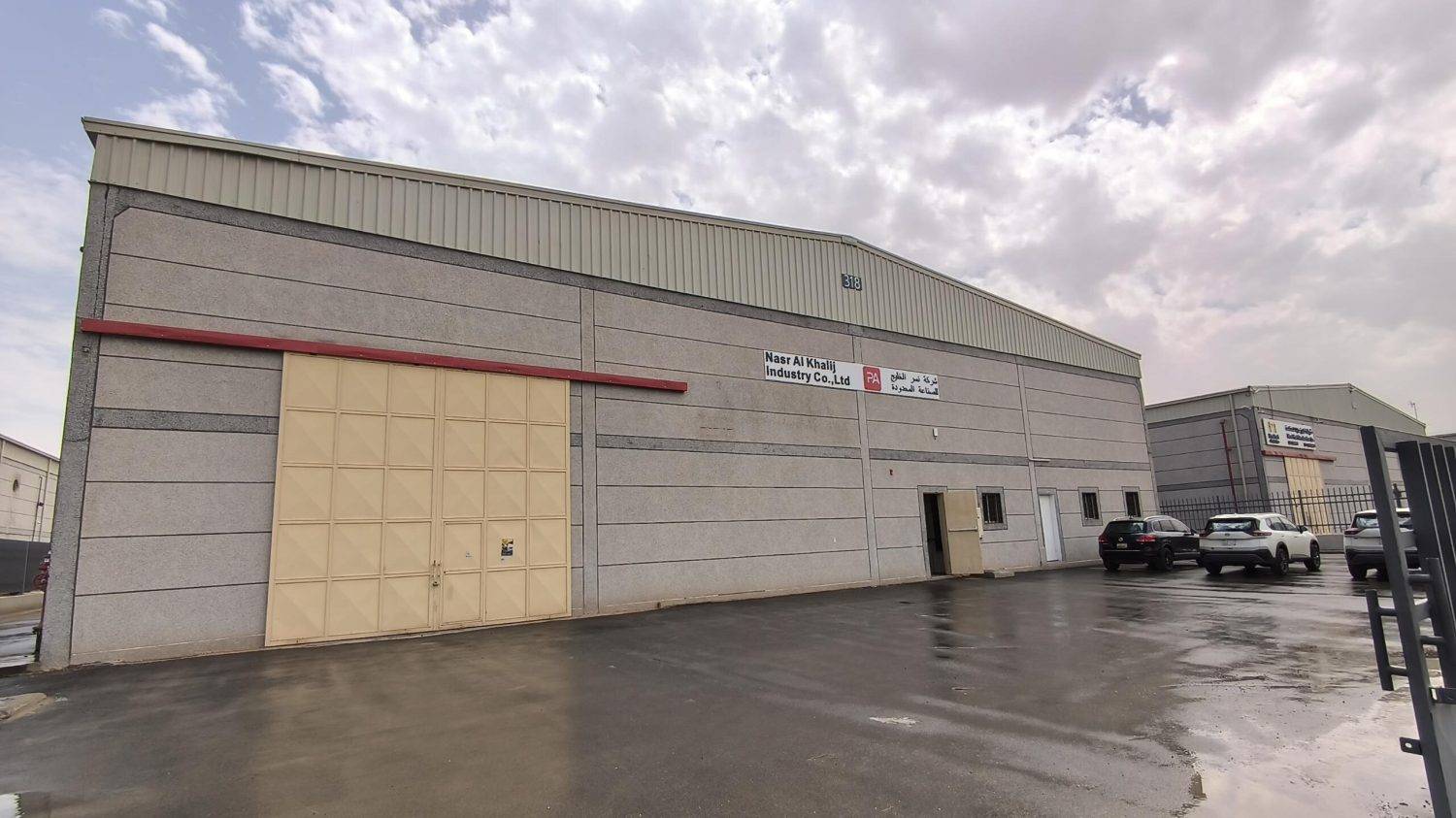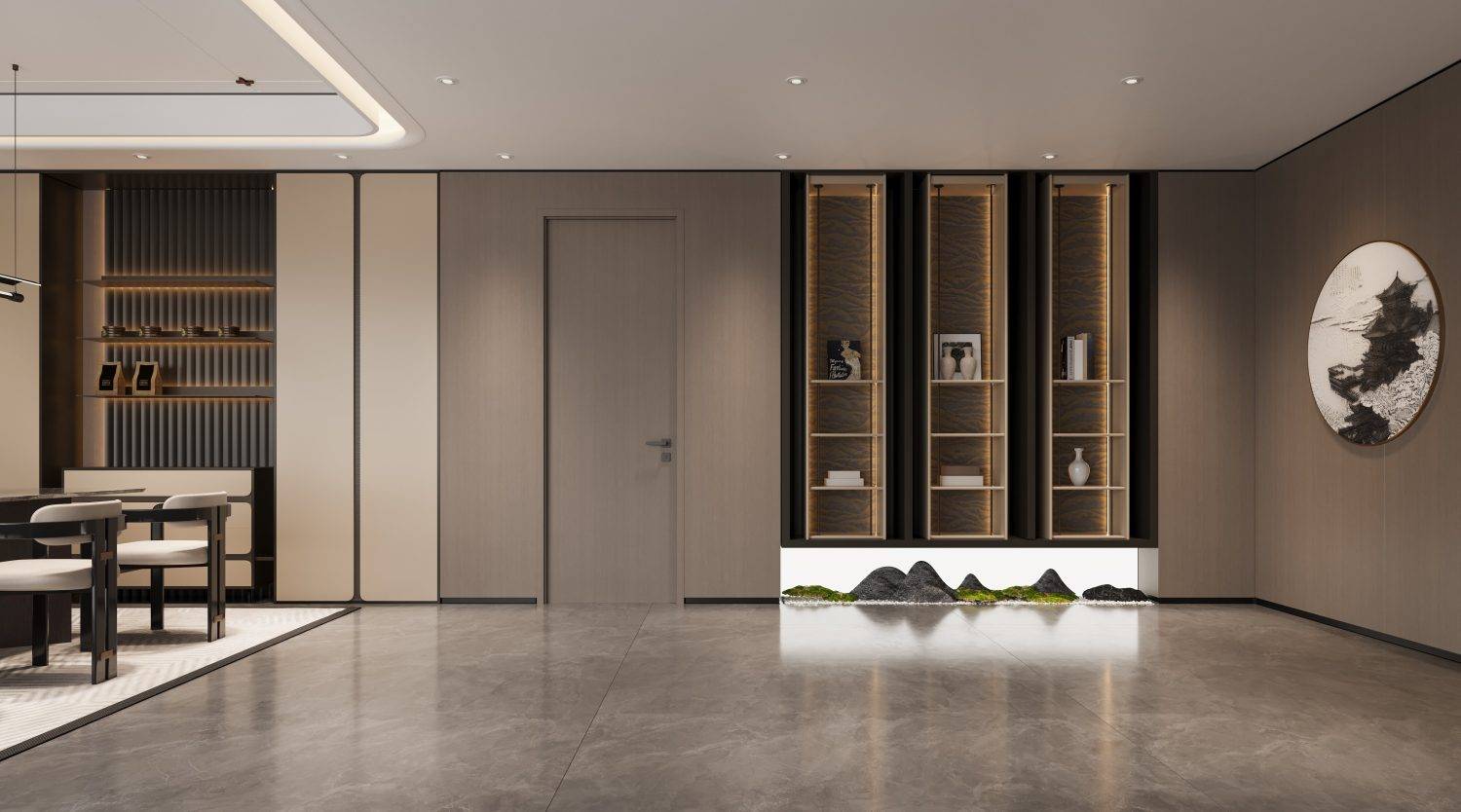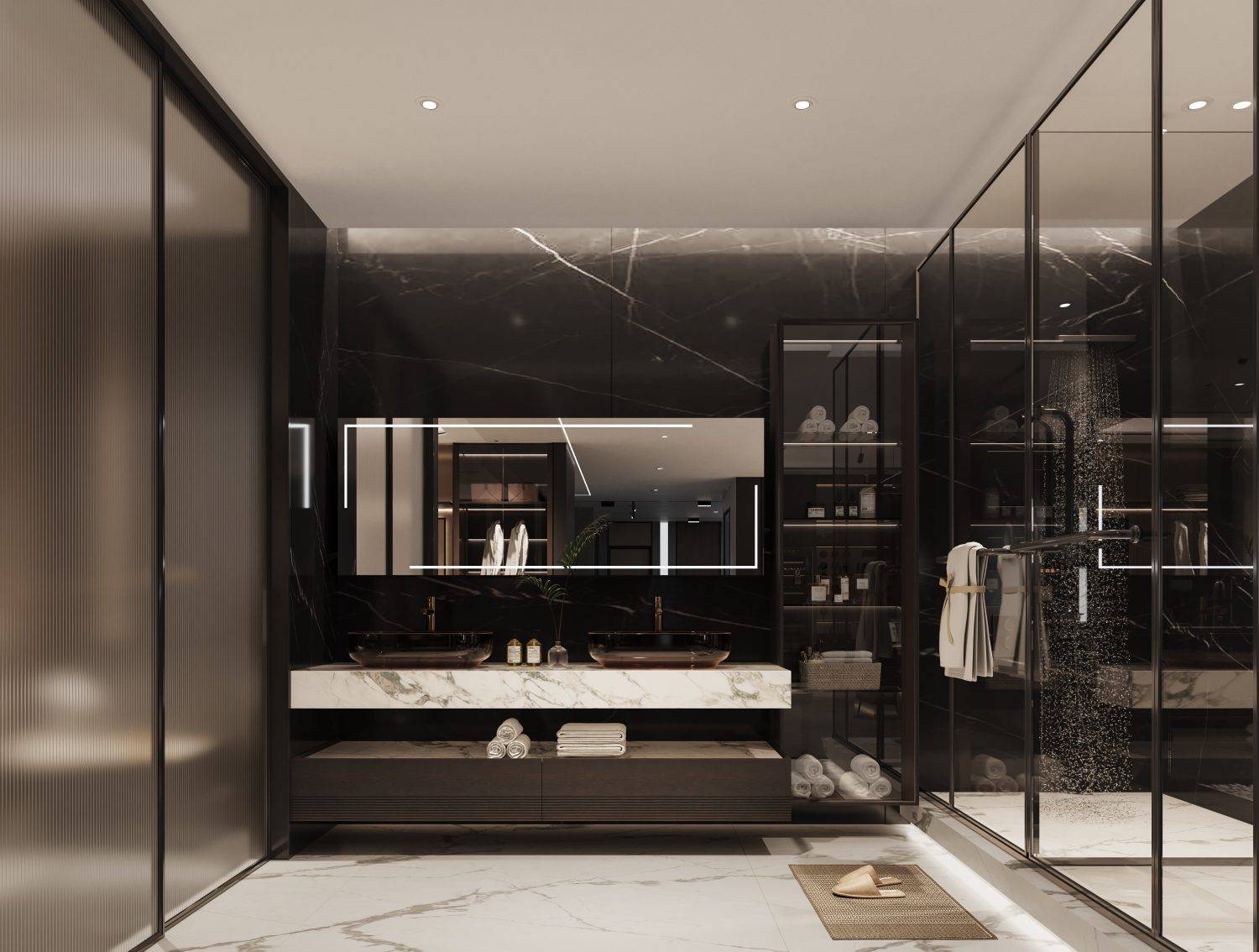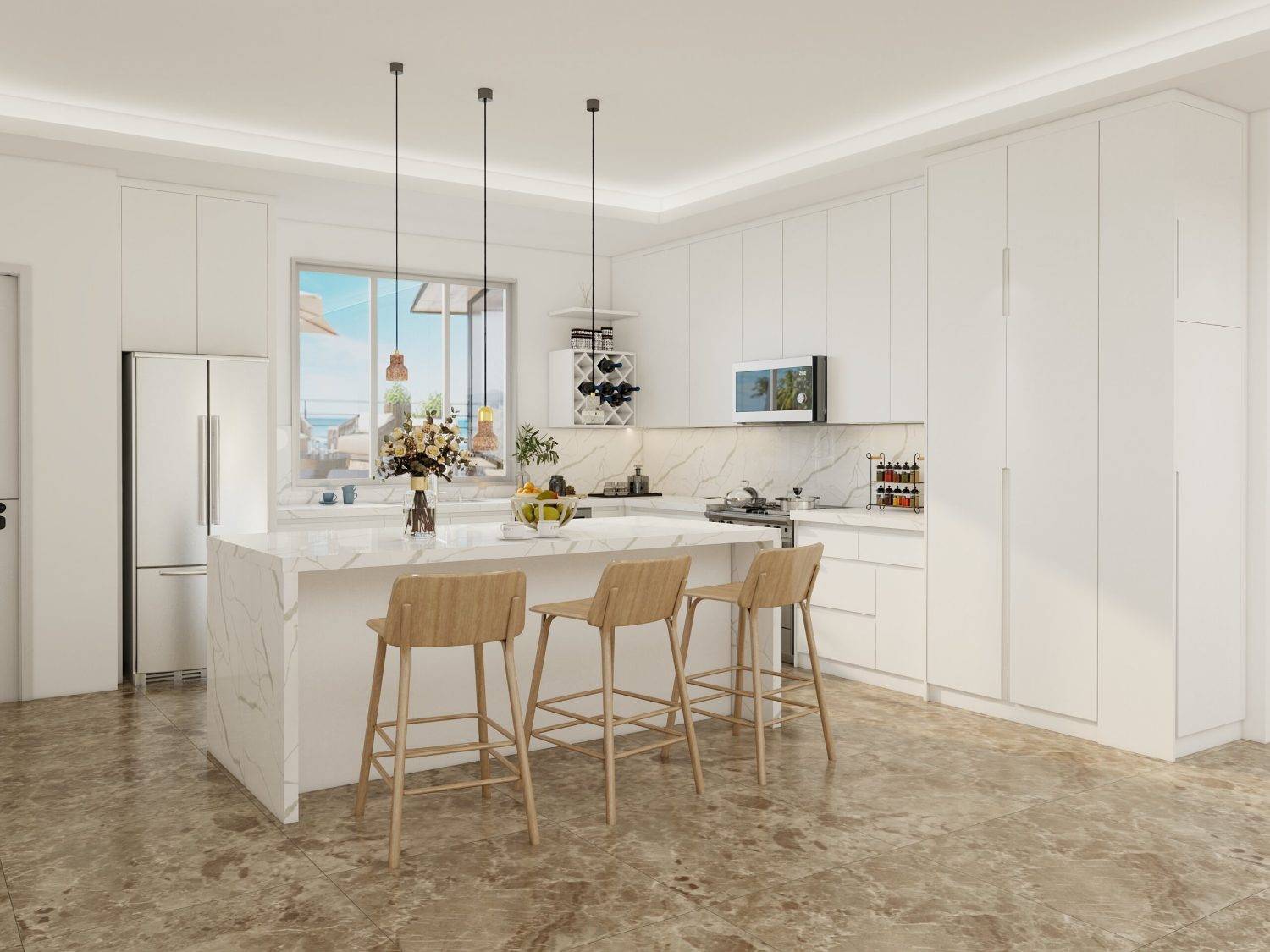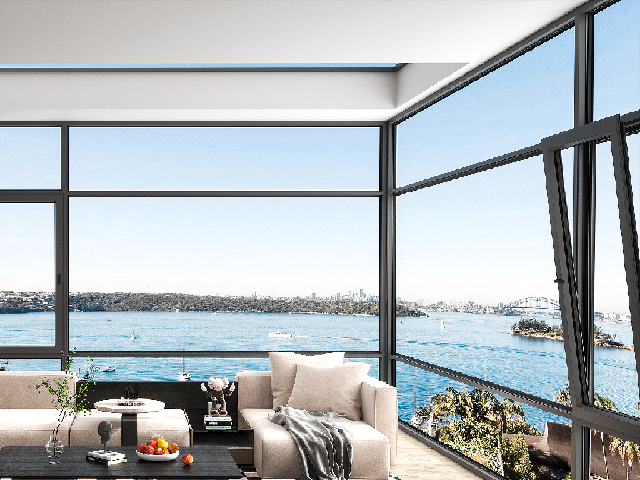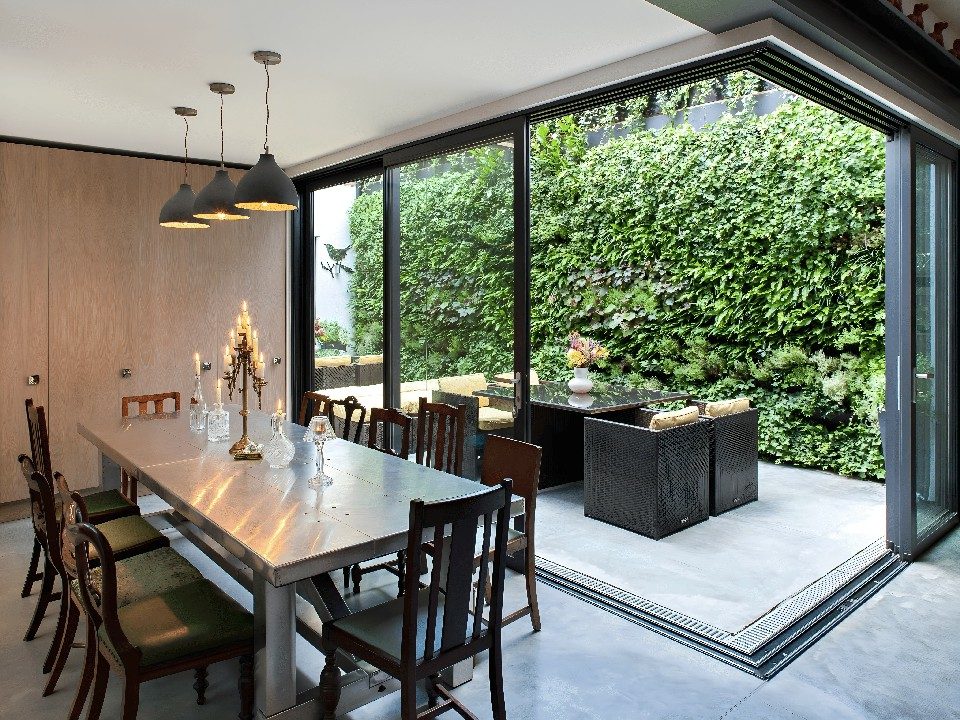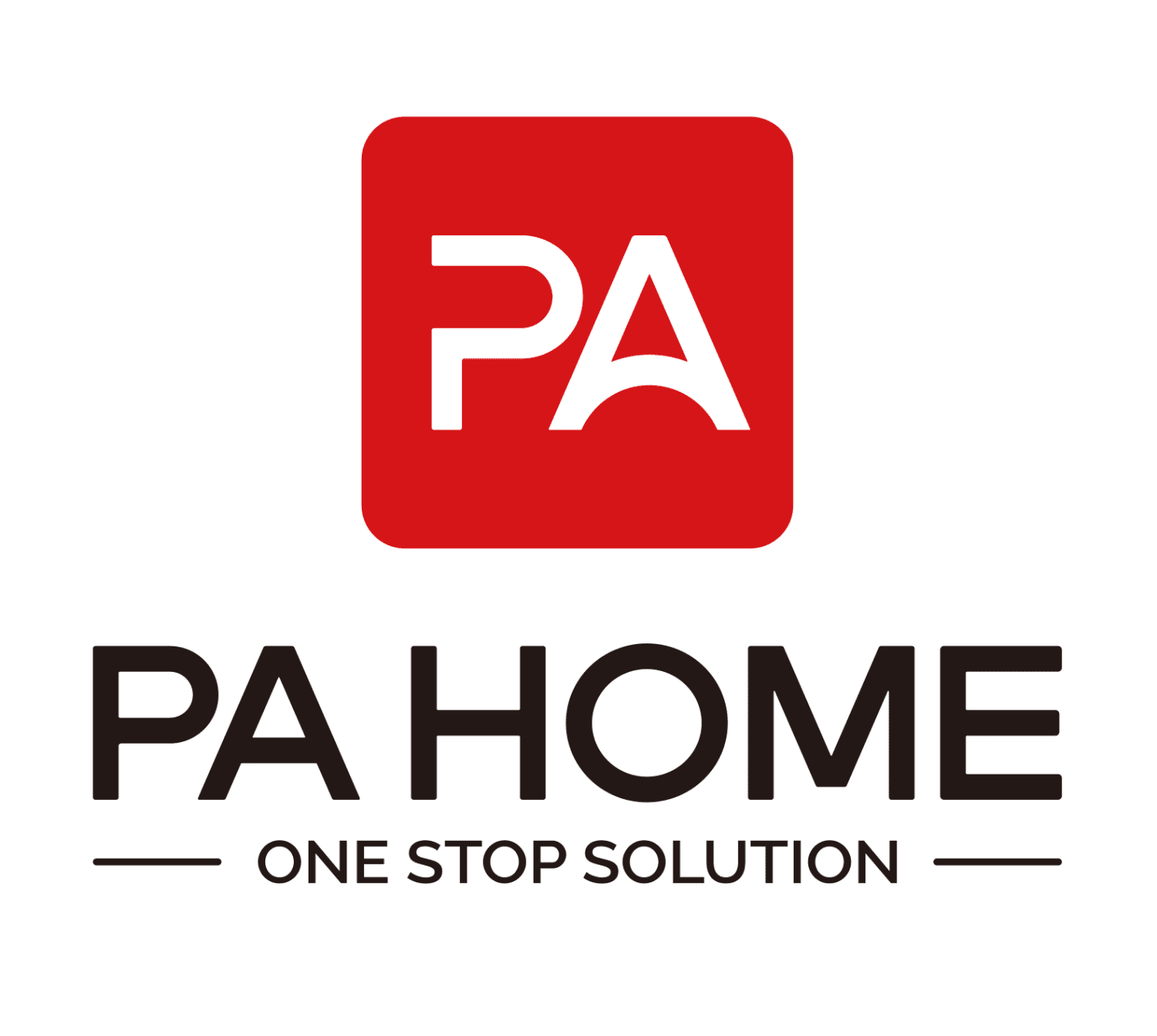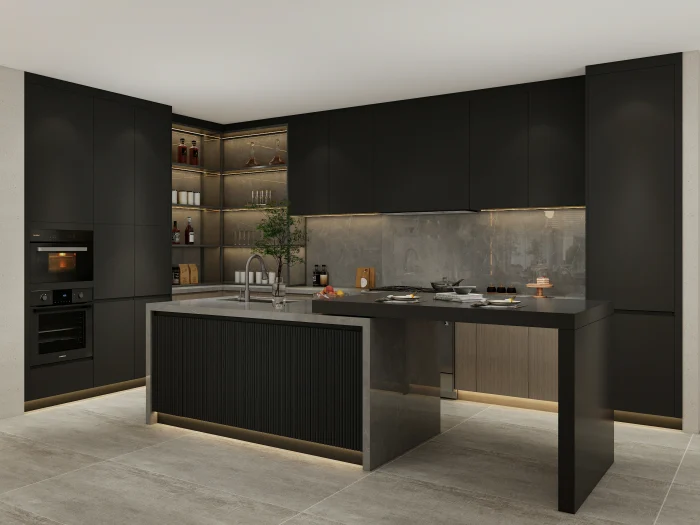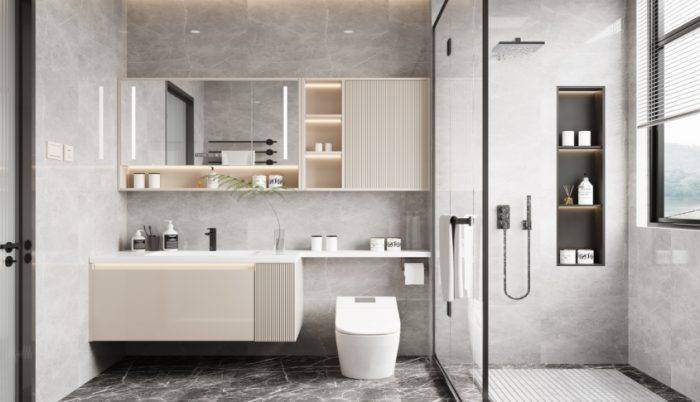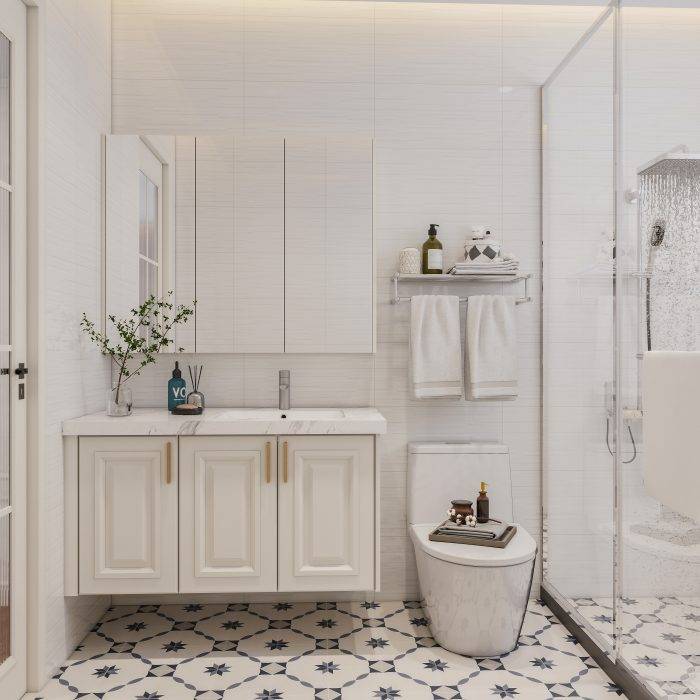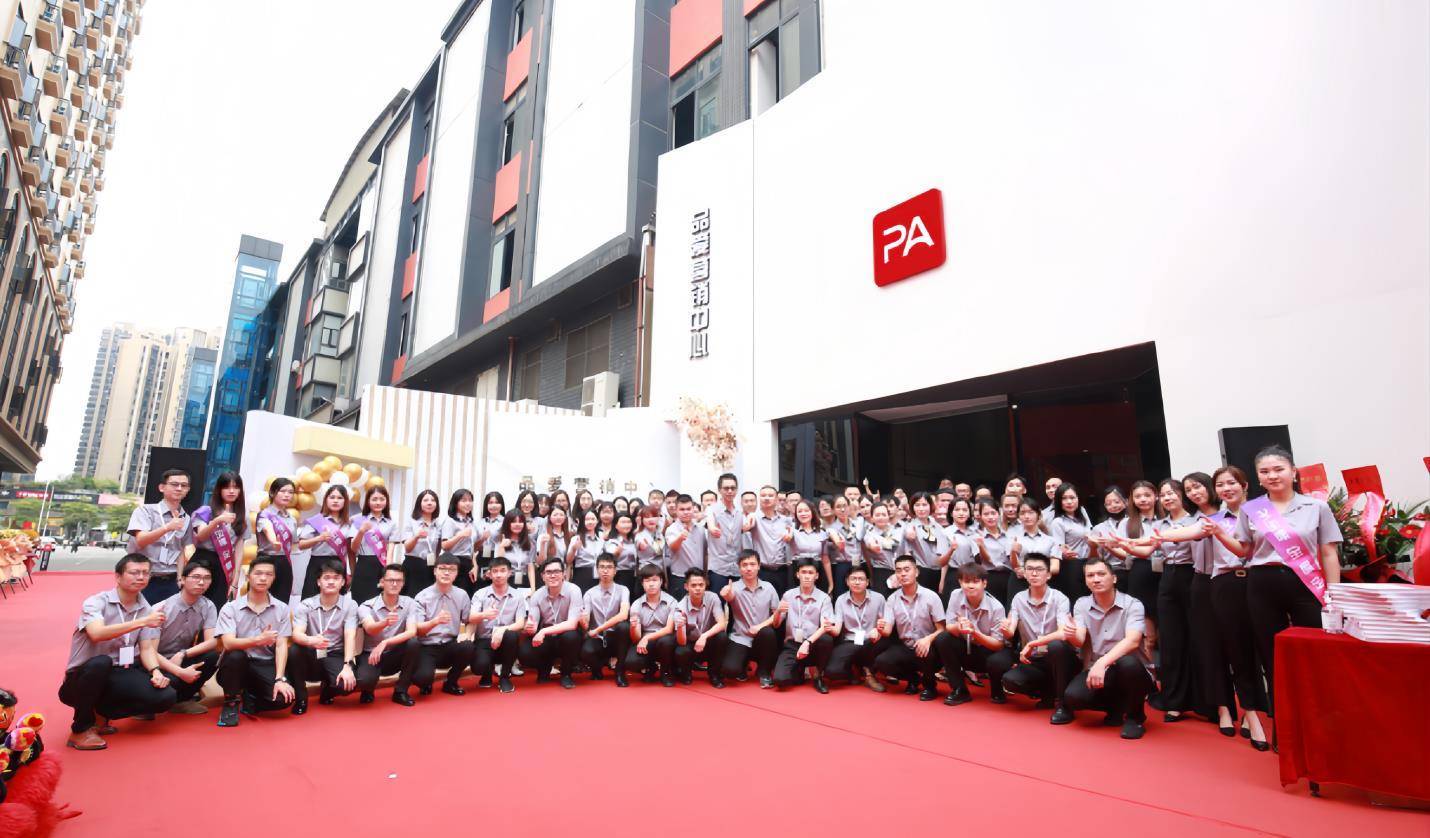In 2025, President Trump announced a new tariff policy affecting imported aluminum windows and doors. These measures dramatically raise costs for foreign-made aluminum products. Chinese aluminum doors and windows are hit even harder – with total duties reaching 245% as of April 10, 2025. This tariff update aims to protect U.S. industries but also means higher prices on imported windows and doors for American consumers and businesses
U.S. buyers – from homeowners to construction firms – must now navigate these changes. In this blog, we break down Trump’s tariffs and what they mean for anyone considering aluminum windows and doors. We’ll explain trade terms, compare local vs. imported options, and show how furniture companies like PA Home can help you get quality products despite the new tariffs.
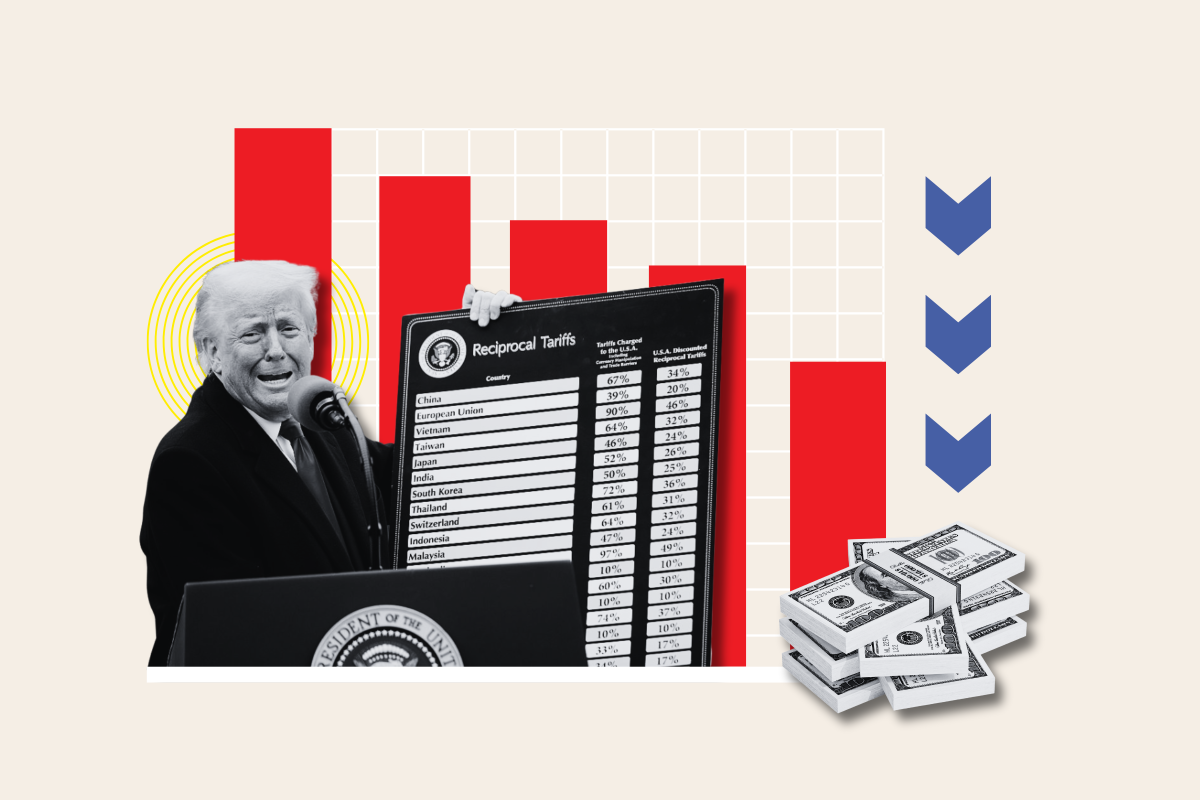
What Are Anti-Dumping and Countervailing Duties?
Anti-Dumping Duties: Tariffs on foreign products sold below fair market value (to prevent underpricing). Governments impose these when overseas suppliers “dump” products at unfairly low prices that harm domestic producers.
Countervailing Duties: Tariffs to offset foreign subsidies, neutralizing artificially cheap imports. These duties level the playing field if overseas manufacturers receive government subsidies that give them an unfair cost advantage.
Both anti-dumping and countervailing duties are trade tools used by the U.S. Department of Commerce and International Trade Commission. They ensure imported goods (like aluminum windows) compete fairly with U.S.-made products. However, they also can increase prices for importers by adding extra fees on those products.
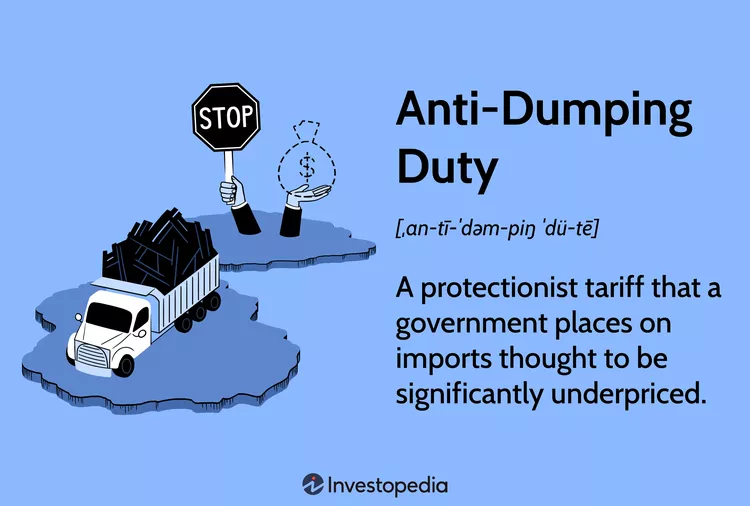
Why the U.S. Imposes Duties on Imported Aluminum Windows and Doors?
U.S. officials say tariffs on aluminum products like windows and doors help safeguard domestic manufacturers and workers. They argue that without these duties, cheaper imports could undercut American companies, risking factory closures and job losses. In 2018, the Trump Administration imposed tariffs to protect U.S. aluminum industries from unfair foreign competition, emphasizing the goal of preserving American jobs and production capacity.
Another stated objective is to ensure fair trade. The U.S. government has cited “unfair trade practices and global excess capacity” as harming American aluminum producers. This refers to practices like dumping (selling exports below cost) or foreign government subsidies that make imports artificially cheap. By applying anti-dumping and countervailing duties, the U.S. aims to level the playing field for domestic businesses and counter these distortions in the market.
The U.S. also justifies some aluminum tariffs on national security grounds. Under Section 232 of U.S. trade law, officials contend that a strong domestic metals industry is essential for defense and critical infrastructure. President Trump noted massive excess global capacity that “puts the very future of our steel and aluminum industries at risk,” deeming import restrictions “essential to the national security” of the United States. Thus, limiting surges of imported aluminum (including products like doors and windows) is presented as a way to secure long-term industrial strength for security needs.
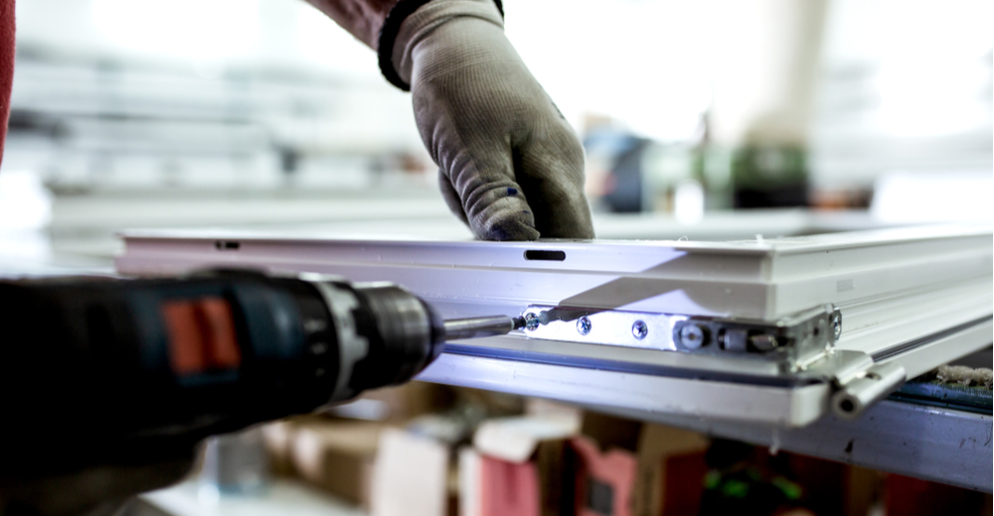
U.S. Local vs. Imported Aluminum Windows & Doors: Key Comparisons (Price, Quality, Service)
When deciding between domestically produced windows/doors or imported ones, consider these factors:
Quality
Tariffs have raised the cost of imported aluminum windows and doors significantly. A tariff is essentially a tax on imports, so businesses and consumers end up paying more. U.S.-made products are not subject to these extra fees, which narrows the price gap. In fact, a 25% tariff on most imports (and 104% on Chinese imports) can make some imported units much more expensive than local options. Domestic suppliers may now offer more competitive pricing, while foreign suppliers must adjust to the tariff-added costs.
Price
Both U.S. and imported aluminum windows can offer high quality, but standards and oversight differ. American-made windows must meet strict U.S. building codes and often use certified materials. Many imported windows (from reputable suppliers) also meet these standards, but quality can vary by source. Buying local allows you to easily verify quality certifications and warranties. With imports, due diligence is needed to ensure the products use durable aluminum, proper glass, and hardware. In some cases, U.S. builders prefer domestic windows for assurance of long-term performance and easier recourse if issues arise.
Service & Lead Time
Locally manufactured windows and doors typically offer faster delivery and service. A U.S. supplier can measure, customize, and deliver units on a shorter timeline (often a few weeks). They also provide local customer support for installation and after-sales service. Imported windows may involve longer shipping times (several weeks to months via ocean freight) and potential customs delays. After-sales support can be challenging if the manufacturer is overseas. Additionally, sudden tariff changes or trade disruptions can delay imported shipments – for example, recent tariff uncertainties have led some construction projects to pause due to cost unpredictability. In contrast, sourcing locally (or from stable trade partners) offers more reliable supply with fewer surprises.
-
📦
Bottom Line: Trump’s tariffs tilt the scale toward domestic suppliers on price and reliability. U.S. consumers and builders now weigh the slightly higher base cost of local products against the tariff-inflated cost (and complexity) of imports. Quality being equal, the convenience and support of local vendors can be a deciding factor in the post-tariff environment.
PA Home Saudi Factory: World-Class Aluminum Windows & Doors Manufacturing
PA Home offers a smart alternative for getting quality aluminum windows and doors amid Trump’s tariffs. The company operates a state-of-the-art factory in Saudi Arabia, leveraging that country’s stable, low-cost aluminum supply chain. The PA Home Saudi factory(Nasr Al Khalij Industry Co.,Ltd) is a world-class aluminum window production center. This massive facility can manufacture over 10,000 sets of doors, windows, cabinetry, and bathroom vanity each year. Such high factory capacity ensures even large orders are met promptly and efficiently.
World-Class Manufacturing
PA Home’s Saudi factory uses advanced machinery and strict quality control to deliver products meeting U.S. standards. You get the same (or better) quality as other imports, but from a facility purpose-built for excellence. The manufacturing process emphasizes precision (for perfect-fitting frames and panels) and durability (using high-grade alloys and finishes). Every aluminum door or window is crafted with international quality certifications, ensuring it stands up to U.S. climate and usage demands.
Industry 4.0 Automation
Production is powered by Industry 4.0 automation. The factory uses electronic saws for precision cutting, automated sealers for perfect air-tight assembly, and intelligent CNC machines for custom detailing. All these processes are coordinated by an IDPI + ERP smart manufacturing system that orchestrates every step. This advanced automated manufacturing setup guarantees precision and consistent quality on every unit.
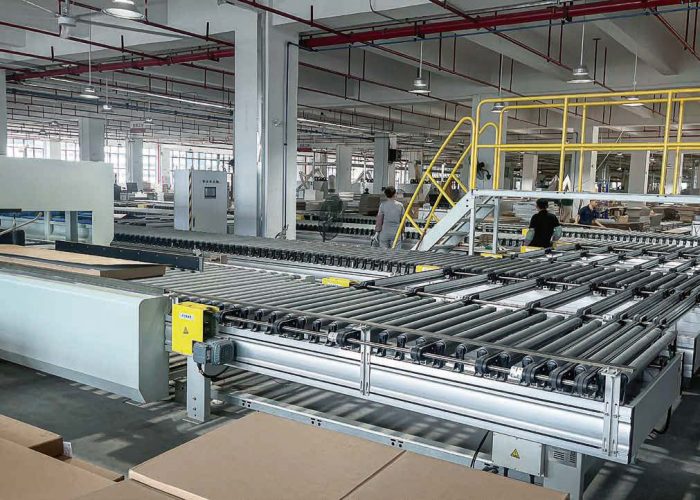
Customization & Design
Because of the advanced manufacturing setup, products can be tailored to client specifications – from custom dimensions and configurations to finishes and glass types. Whether a client needs large-size sliding doors for a luxury home or standardized window sets for a multi-unit development, the factory’s flexible production lines can accommodate those requests. The emphasis is on delivering bespoke solutions at scale.
Meeting Various Use-Cases
PA Home’s product range not only includes aluminum windows and doors, but also covers interior doors, wall panels, cabinets, bathroom cabinets, etc. This one-stop production breadth allows developers to source all related products from a single supplier. The facility primarily serves property developers, construction contractors, and other B2B buyers across the America, Austrilia, Middle East, and Europe. It is optimized for large B2B delivery, with streamlined logistics to handle bulk orders. An integrated IDPI+ERP system plans production and shipping in sync, ensuring speed and consistency from design to dispatch.
Saudi Arabia: Stable, Low-Cost, and Tariff-Friendly Supply Chain
Sourcing from Saudi Arabia offers U.S. buyers a stable, low-cost supply chain – especially valuable in the era of Trump’s tariffs on imports. Saudi Arabia provides a tariff-friendly alternative for aluminum building products, coupled with cost advantages and reliable logistics. Key benefits of this supply chain include:
- Tariff Advantage: Only a 10% aluminum import tariff applies to Saudi shipments, versus 245% on Chinese goods under Trump’s trade policy. This huge difference dramatically cuts import costs for U.S. buyers.
- Energy Cost Advantage: Saudi aluminum production enjoys low-cost energy and abundant raw materials. These lower input costs make Saudi-made doors and windows very price-competitive.
- Efficient Ports: Saudi ports like Jeddah and Dammam have modern infrastructure for fast loading and customs clearance. In fact, clearance times have been slashed to about two hours on average, reflecting extremely high efficiency.
- Fast Delivery: Sea freight to the U.S. typically takes only 30–40 days (including customs clearance). These direct routes also offer low shipping cost, keeping overall freight expenses in check for importers.
- Stable Trade Ties: Saudi Arabia enjoys relatively stable trade ties with the U.S.. There are no ongoing trade conflicts or sudden tariff hikes disrupting the flow of goods, so supply lines stay predictable.
- Predictable Pricing: With steady energy prices and a fixed currency peg, Saudi suppliers offer consistent rates with few fluctuations. Buyers can plan projects knowing aluminum component costs will remain stable and not spike unexpectedly.
Global Exports: Saudi-made aluminum doors and windows are already shipped worldwide, including to Europe and Africa. For example, Germany imported about $1.4 million of Saudi aluminum doors and windows in a recent year. This proven global demand underscores the reliability and quality of Saudi products.
Saudi Arabia has been investing heavily in its infrastructure and manufacturing capacity as part of its Vision 2030. The country boasts modern ports on the Red Sea and Gulf coasts, efficient logistics, and ample energy resources to keep factories running consistently.
American developers and contractors can source high-quality aluminum doors, windows, and interior products at lower cost and with fast delivery, while avoiding the heavy tariffs stemming from Trump’s trade measures. In short, America buyers can choose PA Home in Saudi Arabia,because it offers a tariff-friendly, dependable supply solution that keeps projects on budget and on schedule.

Conclusion: Buyer Options Under Trump’s Tariffs
Trump’s tariffs on aluminum windows and doors present new challenges – but buyers still have options. U.S. consumers and businesses can choose American-made products to completely avoid import duties, albeit sometimes at a higher base price. They can also still consider imports from trusted partners who have minimized tariff impacts (for example, sourcing from countries with lower tariffs or utilizing cost advantages to keep prices low). The key is to weigh total costs (including tariffs) against quality and service needs.
In summary, Trump’s 2025 tariff update has made imported aluminum windows and doors costlier. Savvy buyers are comparing domestic vs. imported solutions more carefully than before. Fortunately, companies like PA Home offer a compelling solution: with world-class manufacturing in Saudi Arabia, PA Home provides aluminum windows and doors that meet U.S. quality standards without the exorbitant price hike from tariffs. Buyers can enjoy competitive pricing, reliable supply, and excellent service – all while navigating the new trade environment.
Ready to explore your best options under Trump’s tariffs? Contact PA Home today to learn how we can deliver high-quality, tariff-conscious aluminum windows and doors for your project. Our team will help you make the most informed choice in this evolving market – ensuring you get the value and performance you need, without compromise. Reach out to PA Home for expert guidance and a personalized quote, and let us help you build and renovate with confidence despite the tariffs.
FAQs
The U.S. government imposes tariffs on imported aluminum doors and windows mainly to protect domestic manufacturing and prevent unfair trade practices such as dumping and subsidies. By imposing tariffs, it aims to create a fair competition environment for domestic producers and safeguard national economic interests.
According to the latest policy, the tariff rate for aluminum doors and windows imported from China has been increased to 125%. The tariff rate for similar products imported from Saudi Arabia is 10%, which is relatively low.
Typically, it takes about 30-40 days to ship from Saudi Arabia to the United States. The specific time may vary depending on the port and logistics conditions.
Many suppliers offer customized services, including size, color, glass type, etc. Communicate your specific needs with the supplier to obtain satisfactory customized products.
Investigate the supplier’s qualifications, production capacity, past project experience and customer reviews. For example, PA Home has advanced production facilities in Saudi Arabia and rich export experience, and is one of the suppliers worth considering.

